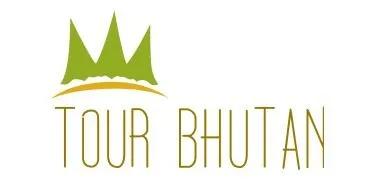About Bhutan
- Home
- About Bhutan
Bhutan
Bhutan
Timeless Tradition
Echoes of ancestors - vibrant threads woven through time. Festivals ignite, dances whirl - ancient rhythms beat your heart.
Warm Welcome
White scarves unfurl like smiles - a kingdom's embrace awaits.
Deeply Rooted
Respect like mountain peaks - rooted deep in every soul.
Living History
Past and present intertwine - stories unfold in every valley.
Why not book your next trip with us and experience the journey of a lifetime?
Best
Destinations
Best
Prices
Qualified
Staffs
High Level
Service
Rice is the staple diet in the lower region while at higher altitudes wheat and buckwheat are a staple food. In Bumthang Khulay (Buckwheat cakes) and puta( buckwheat noodles) are also eaten along with rice. The diet also includes pork, beef, yak meat, chicken, and mutton. Traditional Bhutanese food always features spicy red and green chilies, either dried or fresh. The favorite Bhutanese dishes are ema datshi (chilly with cheese), Shamu datshi (Mushroom with cheese), Kewa datshi (Potato
In 1971, Dzongkha, meaning the language of Dzongs, transitioned from being exclusively spoken in western Bhutan to becoming the national language. It is now widely spoken throughout the country. Alongside Dzongkha, there are three other dominant languages: Bumthangpa, spoken in Bumthang; Tshangla, spoken in eastern Bhutan; and Lhotsamkha, spoken in southern Bhutan. Bhutan also boasts over 19 different dialects, which share very few similarities. English holds a prominent position in the main towns, being widely spoken and serving as the medium of instruction in schools and offices across Bhutan.
The performing arts in Bhutan, such as music and dance, embody the country’s traditional culture. Dance, songs, traditional instrumental music, and dramatic performances based on religious personalities play an essential role in national, village, or local functions and festivals. Bhutanese culture is significantly influenced by Buddhism, and its music features traditional genres like Zhungdra (traditional or classical song) and Boedra (folk song). Folk music and dance flourished during the reign of Zhabdrung
Bhutan is a country of festivals secular and religious ones. The national day, Birthday of Kings, Coronation day, new year celebration are secular festivals. The most popular festivals are Dromches and Tshechus. which are held every year in different parts of the country. The festivals are important religious and social gatherings and by attending them one gains merit and blessings. People turn up for the festivals in their finest clothes and jewelry. It is said that Country can be defined by festival.
Bhutan is a country of festivals secular and religious ones. Check on how to plan Bhutan Tour? You can enjoy Bhutan Cultural tour and witness the authentic Bhutanese life style. If you plan to visit Bhutan from India then check the flights to Bhutan from India
